What Happens to Your Vagina As You Age?
Just like every other part of your body, the genitourinary system undergoes visible changes as you age. The vulva, vagina, and cervix all transform due to the natural aging process. These changes are entirely normal and occur for understandable physiological reasons.
The two main causes of these changes include:
- Lack of estrogen after menopause: Estrogen is the hormone responsible for maintaining tissue health, especially in the vagina. After menopause, significant changes can occur due to the drop in estrogen. Most of these symptoms can be improved through menopausal hormone therapy, if appropriate.
- Loss of natural supporting tissue: Especially the decline in proteins like collagen and elastin — which are responsible for the strength and elasticity of the skin, including vaginal skin.
Changes You May Notice in Your Vagina as You Age
As your body ages, so does your genitourinary system. Below are the most common changes women experience:
Menopause
The symptoms listed below are mostly due to — or made worse by — the loss of estrogen after menopause. Menopause typically occurs around the age of 52, but it can happen earlier. When it does, symptoms are often more pronounced.
Vaginal Dryness
After menopause, the vaginal skin may become thinner and lose its natural folds. This is due to low estrogen levels. There’s also a loss of muscle tone in many body systems as we age — and the vagina and pelvic floor are no exception. These structures include muscle, collagen, and elastic tissue — all of which decline over time.
Without estrogen, the vagina produces less moisture and lubrication, making intimacy less comfortable. Estrogen also helps maintain the balance of healthy bacteria (normal flora) that protect against infections. When estrogen levels drop, this protective environment is disrupted, allowing an overgrowth of anaerobic bacteria. This can cause a distinct odor and thin yellow discharge that may feel irritating.
Changes in Pubic Hair
Reduced estrogen means testosterone becomes more dominant, often causing pubic hair to thin or become sparse.
Just like the hair on your head can turn gray, so can your pubic hair — due to reduced melanin in the hair follicles.
The labia can also become looser due to gravity and a loss of skin proteins like collagen and elastin. These effects are compounded by decreasing muscle tone in the area.
Decreased Libido
Lower estrogen levels after menopause can lead to a reduced sex drive. This may be helped with hormone therapy, such as estrogen replacement or the use of testosterone — the hormone that supports libido in women. Testosterone can be applied through a cream or patch.
The loss of estrogen also causes the vagina to narrow and become less elastic. Combined with dryness, this can make intercourse uncomfortable. Local vaginal estrogen — in the form of cream, tablets, or suppositories — can be inserted nightly for two weeks, then used twice a week long-term. These treatments restore local estrogen, improving both elasticity and natural lubrication.
The best lubricants during intercourse are oil-based rather than water-based. Olive oil and coconut oil work very well.
Urinary Tract Infections May Become More Frequent
Estrogen not only supports vaginal tissues but also affects the trigone — the base of the bladder. Reduced estrogen can lead to more frequent urinary tract infections, urgency, incontinence, and the feeling of not making it to the bathroom in time.
Estrogen therapy — both systemic and local — is often very effective. Local estrogen doesn’t enter the bloodstream and is considered safe even for women with a history of breast cancer or blood clots.
Pelvic Floor Muscle Weakness (Prolapse)
Prolapse refers to the weakening of the connective tissue and muscles that support the pelvic organs. Reduced estrogen, along with the loss of collagen and elastin, can cause the uterus to shift downward or the bladder and bowel to press into the vaginal wall.
These symptoms should be evaluated so that treatment options can be discussed.
How to Manage Genital Tract Changes as You Age
If appropriate, menopausal hormone therapy and/or local vaginal estrogen can help reverse many of the symptoms listed above.
Pelvic floor physiotherapy is also highly recommended. Working with a pelvic floor physiotherapist can significantly improve muscle tone and bladder control.
Urinary incontinence may improve with hormone therapy, local estrogen, pelvic floor physiotherapy, and diagnostic testing like urodynamics — a computerized test to pinpoint the weakness causing incontinence. There are also medications and surgical procedures that can help significantly.
There is strong evidence that using local vaginal estrogen twice a week can reduce pelvic floor issues and help ease urinary symptoms as well.
Seek Medical Advice
Although these changes are natural and expected with aging, they can be distressing and affect your quality of life. Don’t hesitate to seek help and guidance if you’re experiencing discomfort or concern.
These issues deserve to be taken seriously. In a medical consultation, we’ll explore what’s causing your symptoms and the many ways you can find relief.
If you’d like to speak with someone about your symptoms or book a consultation with Dr. Agnieszka Bil, please get in touch today.


